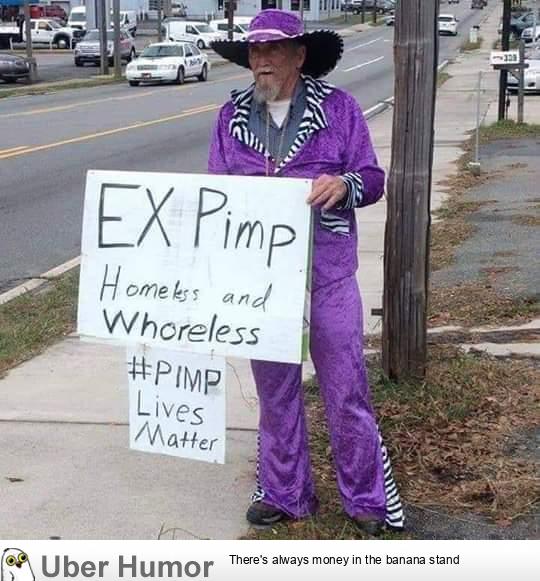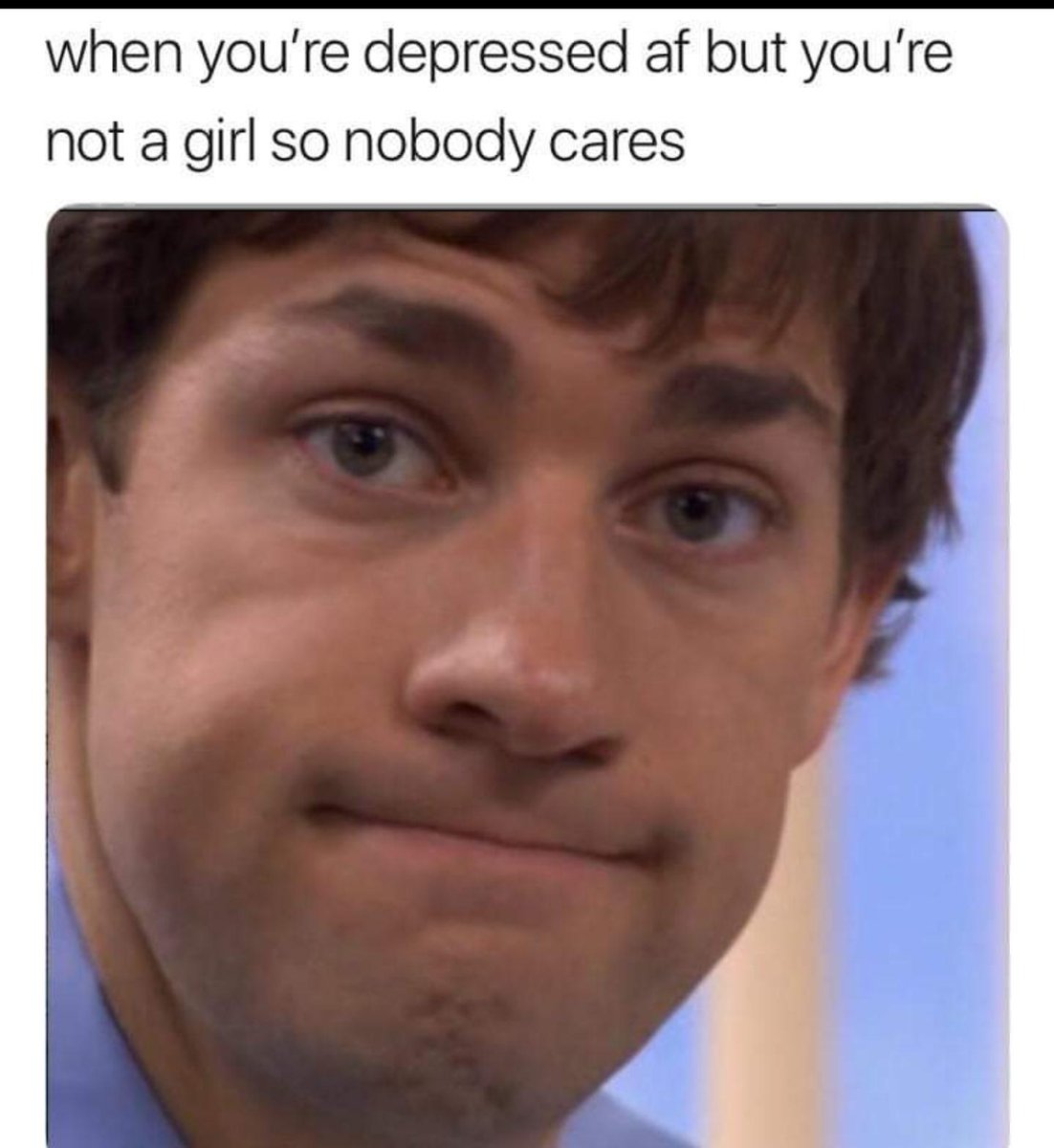Pimp Down Meme Mania! Funny GIFs, Videos & Sounds!
Is humor always in good taste? The "pimp down" meme, a phrase and visual gag that has permeated internet culture, exists in a complex space between comedic expression and potentially offensive territory. Its virality sparks questions about what we find funny, and whether that humor comes at the expense of sensitivity.
The origins of the "pimp down" meme are multifaceted, drawing from various sources in popular culture. The phrase itself gained significant traction following its use in the movie "Friday After Next," where the character Money Mike, played by Katt Williams, utters the now-iconic line during a moment of comical distress. The scene resonated with audiences, and the phrase quickly detached itself from its source material, evolving into a meme used to depict a fall from grace, a moment of defeat, or simply a humorous mishap.
The meme's spread was further fueled by platforms like Tenor, which offers a vast library of animated GIFs. Users began creating and sharing "pimp down" GIFs, often featuring characters from the movie or other visual representations of someone collapsing or being knocked down. These GIFs became a popular way to react to situations online, adding a humorous touch to conversations and social media interactions. Finding "pimp down" GIFs to, according to some, "make your conversations more positive, more expressive, and more you" became a common internet activity.
Social media platforms, especially TikTok and 9gag, played a crucial role in the meme's continued popularity. Short video clips featuring slip and fall moments, often accompanied by the "pimp down" sound effect or related audio, gained viral status. The hashtag #pimpdownpimpindistress became a hub for these videos, accumulating hundreds of thousands of views. On 9gag, users shared funny "pimp down" meme pictures, GIFs, and videos, ensuring a constant stream of new content related to the trend. The meme's accessibility and easy shareability contributed to its widespread adoption.
The audio element of the "pimp down" meme also has its own history. Sound clips featuring the phrase "pimp down pimp in distress" or "pimp in distress!" became popular on platforms where users could download and share sound effects. These clips were often used in conjunction with videos or GIFs, adding another layer of humor to the meme. The "pimp in distress" sound, categorized under "memes" or sometimes "comedians," found its way into countless online creations.
Beyond its association with "Friday After Next," the "pimp down" meme has also been linked to other cultural phenomena. The character "A Pimp Named Slickback" from the animated series "The Boondocks" has been referenced in connection with the meme, further demonstrating its diverse roots. The meme's adaptability allows it to be applied to a wide range of situations and contexts, contributing to its enduring appeal.
However, the meme's lighthearted faade masks a potential for problematic interpretations. The term "pimp," while used humorously in this context, has inherent connotations related to exploitation and the objectification of women. Some argue that the meme trivializes these serious issues, perpetuating harmful stereotypes. The use of the term, even in jest, can be seen as insensitive and offensive by those who are affected by the realities of sex trafficking and exploitation.
Furthermore, the visual component of the meme, often depicting someone falling or being knocked down, can be seen as making light of physical harm. While many of the GIFs and videos are clearly staged or accidental, the act of laughing at someone's misfortune can be viewed as insensitive and lacking empathy. The line between harmless humor and callous disregard for others can be blurred, raising ethical questions about the meme's impact.
Despite these concerns, the "pimp down" meme continues to thrive in online spaces. Its popularity speaks to the complex and often contradictory nature of internet humor. What some find funny, others may find offensive. The meme's longevity highlights the importance of critical engagement with online content, urging us to consider the potential consequences of our comedic choices.
One notable, and perhaps unexpected, thread in the "pimp down" narrative involves Donna Goudeau, a Texas woman arrested in July 2011 for her connection to an assault and robbery. It wasn't the crime itself that catapulted her to a degree of internet infamy, but rather her post-arrest interview. Goudeau's nonchalant demeanor and memorable phrases, including the term "pimp squad," became fodder for online commentary and contributed, indirectly, to the broader meme culture surrounding the "pimp" lexicon. This incident underscores the unpredictable ways in which real-life events can become intertwined with internet memes, often stripped of their original context and repurposed for comedic effect.
The use of animated meme templates further democratized the creation and dissemination of "pimp down" content. Online meme generators allowed users to easily add captions and visual elements to existing GIFs or upload their own, creating personalized variations of the meme. This participatory aspect of meme culture ensures that the "pimp down" phenomenon is constantly evolving and adapting to new trends and contexts. The availability of GIF makers and meme templates empowers users to become active creators, rather than passive consumers, of online humor.
The spread of the meme also reflects the broader trend of using sound effects and audio clips to enhance online content. Platforms like YouTube and TikTok have become breeding grounds for viral sounds, and the "pimp down" audio clip is just one example of this phenomenon. The use of sound effects adds another layer of engagement to online content, creating a more immersive and memorable experience for viewers. The combination of visual and auditory elements contributes to the meme's overall impact and memorability.
However, the meme's persistence also raises questions about the nature of online humor and its potential to perpetuate harmful stereotypes. The use of the term "pimp," even in a comedic context, can be seen as insensitive and disrespectful to those who have been affected by exploitation and abuse. It's important to be mindful of the potential impact of our online actions and to avoid perpetuating harmful stereotypes, even if we don't intend to cause offense. The responsibility for creating a more inclusive and respectful online environment lies with each and every one of us.
Ultimately, the "pimp down" meme serves as a microcosm of the complex and ever-evolving landscape of internet culture. It's a reminder that humor can be subjective, context-dependent, and potentially problematic. By engaging with memes critically and thoughtfully, we can better understand their impact and make more informed choices about how we participate in online conversations.



Detail Author:
- Name : Mittie Hermiston DDS
- Email : marianna.rath@yahoo.com
- Birthdate : 1996-06-11
- Address : 26207 Kirlin Street Apt. 459 Janiyaton, WV 78262-4341
- Phone : 949.365.4872
- Company : Terry, McClure and Hills
- Job : Aircraft Engine Specialist
- Bio : Natus sed reiciendis rerum qui. Pariatur fugit deserunt rerum sit nostrum. Optio rerum consequuntur eaque quaerat asperiores. Ipsum porro voluptatem consequuntur et iusto et atque.